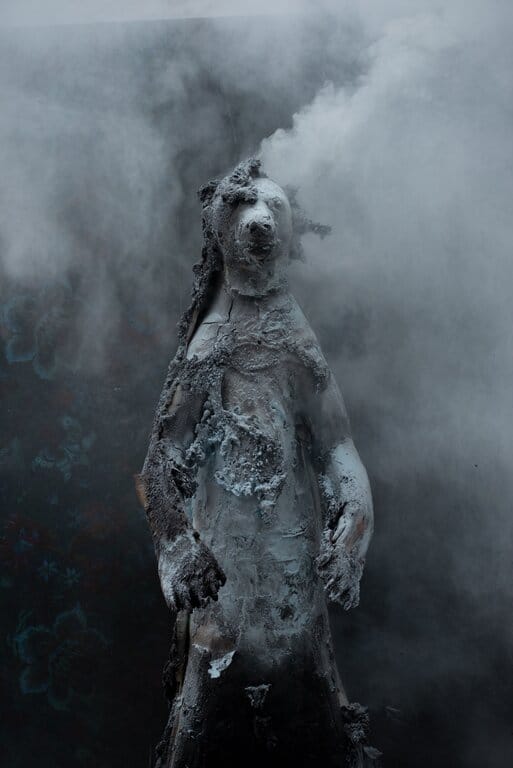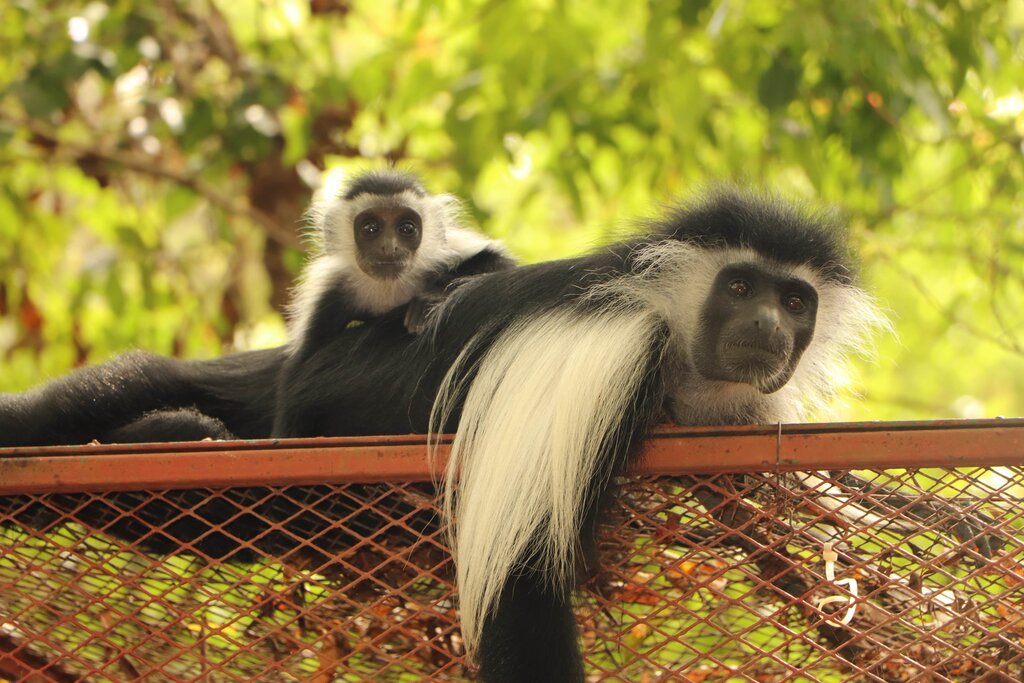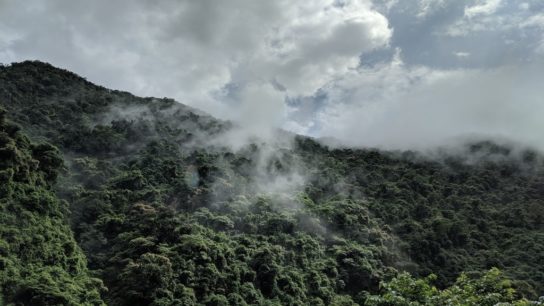Earth.Org’s NFT collection by Norwegian photographer Christian Houge will see proceeds go towards frontline wildlife conservation projects around the world that EO supports, including Colobus Conservation, an organisation that is dedicated to the conservation, preservation and rehabilitation of the threatened Angolan Colobus Monkey and other vulnerable primates in Kenya.
—
One of the world’s most notable biodiversity hotspots in the world sits within a lush coastal forest strip on the south coast of Kenya, where it is home to six species of primates, including the highly vulnerable colobus monkey.
Yet rampant deforestation and rapid agricultural and urban expansion such as charcoal and timber production and uncontrolled tourism in the country have placed the future of the forest and the wildlife that inhabits it at risk. When Kenya gained independence in 1963, 10% of the country was covered in forest. By 2009, this number had plummeted to just 6%.
The Diani Forest did not escape the impacts of human activities and development, resulting in 75% of tree loss and widespread fragmentation over the past 25 years. Roads have been constructed to run through the centre of some of the forest patches, while privately owned-lands have been permitted to be degraded and destroyed. What’s more, urbanisation and the electrification of cities saw electrical power lines installed across natural habitats.
When combined, they are threatening the lives and survival of wildlife animals. Aside from reduced habitats, which also means reduced food availability and higher competition, animals are being killed from vehicle collisions and electrocution from travelling across power lines.
Colobus Conservation was therefore founded in 1997 to take care and respond to welfare calls for the nationally threatened Angolan colobus monkey and other primates in the Dianai Forest, as well as coastal forest habitat conservation. The non-profit’s animal conservation efforts encompass the rescue and rehabilitation of primates that have been harmed and impacted by the aforementioned threats, and hopefully return individuals back into the wild in their natural habitats.
Colobus Conservation also works closely with other organisations and local communities in minimising (and eventually eliminating) the threats from hurting the animals. This includes partnerships with the Kenya Power and Lighting Company (KPLC) to insulate power lines along areas identified as electrocution hotspots. So far, a total of 12km of power lines have successfully been insulated, with a number of transformers relocated to areas with less wildlife traffic. A number of fatalities caused by primate electrocutions has dropped from this small yet significant initiative.
Another branch of Colobus Conservation’s work is education.The organisation offers educational workshops on environment and forest conservation to local school children, as well as engaging local communities to help conserve and regenerate indigenous forest in an effort to restore the animal’s natural habitat and migratory corridors.

What’s more, the NFT collection will offset its carbon footprint through Picture This’ impact programme with Offsetra, supporting the Pacajai REDD+ Project that works to conserve forest land and biodiversity. The project is working to “avoid and prevent unplanned deforestation in native forests thus avoiding the emission of 9,582,742 tCO2e” through a period of 40 years by managing the land through a “conservation reserve private sector”. This translates to providing local populations with resources, training in forest management techniques, as well as monitoring technologies. Other initiatives include short-term projects that see smaller footprint crops planted, therefore increasing the amount of carbon sequestered in the forest, and social programmes for local communities in Paca, Brazil such as distributing efficient cookstoves to families and educational workshops on land titling. The latter of which guides villagers on how they can legally claim land use rights (and potentially ownership) over free lands.

















